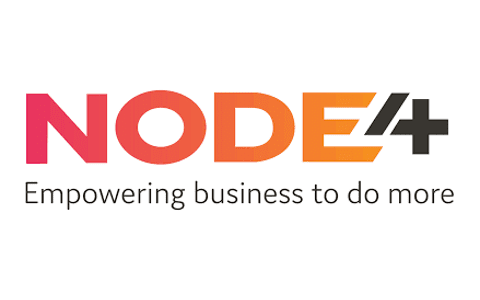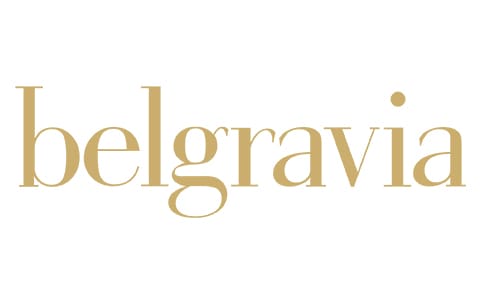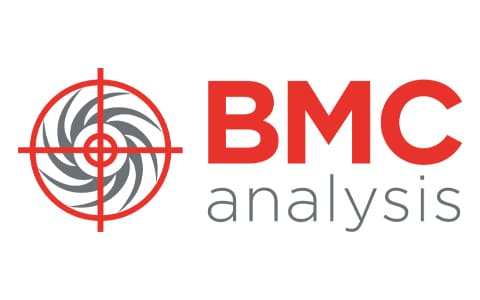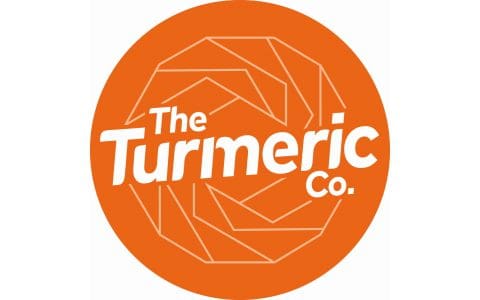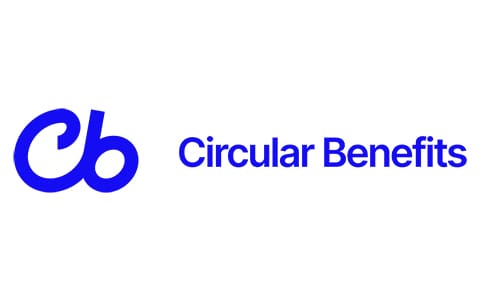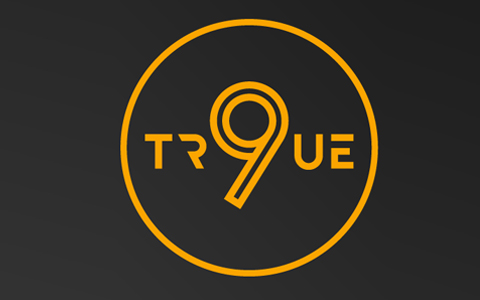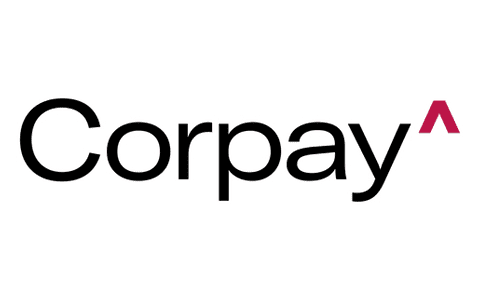
IT can reduce your risk of major illnesses, such as heart disease, stroke, diabetes and cancer by up to 50% per cent and lower your risk of early death by up to 30 per cent.
It’s free, easy to take, has an immediate effect and you don’t need a GP to get some. Its name? Exercise.
According to a recent NHS study, exercise is the miracle cure we’ve always had, but we’ve neglected to take our recommended dose for too long and our health is now suffering as a consequence.
Whatever your age, there’s strong scientific evidence that being physically active can help you lead a healthier and even happier life.
People who do regular activity have a lower risk of many chronic diseases, such as heart disease, type 2 diabetes, stroke and some cancers.
Research shows that physical activity can also boost self-esteem, mood, sleep quality and energy, as well as reducing your risk of stress, depression, dementia and Alzheimer’s disease.
“If exercise were a pill, it would be one of the most cost-effective drugs ever invented,” says Dr Nick Cavill, a health promotion consultant.
Health benefits
Given the overwhelming evidence, it seems obvious that we should all be physically active. It’s essential if you want to live a healthy and fulfilling life into old age.
It’s medically proven that people who do regular physical activity have:
- up to a 35% lower risk of coronary heart disease and stroke
- up to a 50% lower risk of type 2 diabetes
- up to a 50% lower risk of colon cancer
- up to a 20% lower risk of breast cancer
- a 30% lower risk of early death
- up to an 83% lower risk of osteoarthritis
- up to a 68% lower risk of hip fracture
- a 30% lower risk of falls (among older adults)
- up to a 30% lower risk of depression
- up to a 30% lower risk of dementia
A Modern Problem
People are less active nowadays, partly because technology has made our lives easier. We drive cars or take public transport. Machines wash our clothes. We entertain ourselves in front of a TV or computer screen. Fewer people are doing manual work, and most of us have jobs that involve little physical effort. Work, house chores, shopping and other necessary activities are far less demanding than for previous generations.
We move around less and burn off less energy than people used to. Research suggests that many adults spend more than seven hours a day sitting down, at work, on transport or in their leisure time.
Alun Peacock, Managing Director of gymBUG, St Helens’ newest gym – and the matchball sponsor when we take on Huddersfield this Saturday – agrees with the research findings: “To stay healthy or to improve wellbeing, it is our feeling that adults need to do two types of physical activity each week: both aerobic and muscle-strengthening activity. However, we also realise that the level of physical activity each person needs to do depends on their age and physical ability.
“At gymBUG we are sympathetic to this and have designed a workout space to cater for absolutely all abilities and experiences, from first-timers to seasoned athletes. By bringing this facility to St Helens at affordable prices we have also ensured that getting fitter is now available to all.”
Join online at www.thegymbug.com or visit us today.












